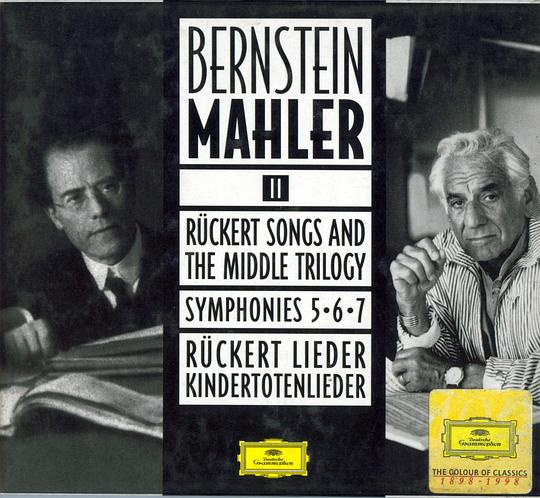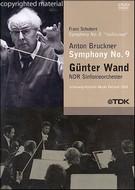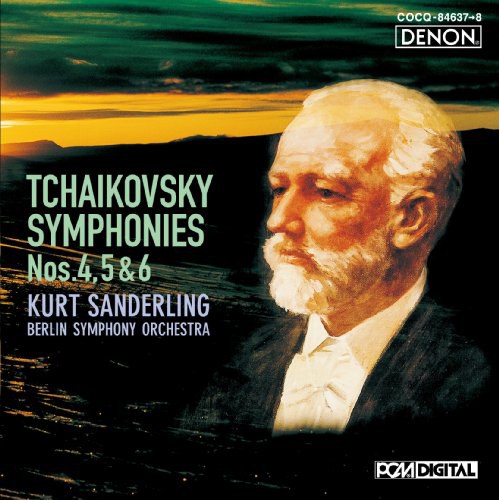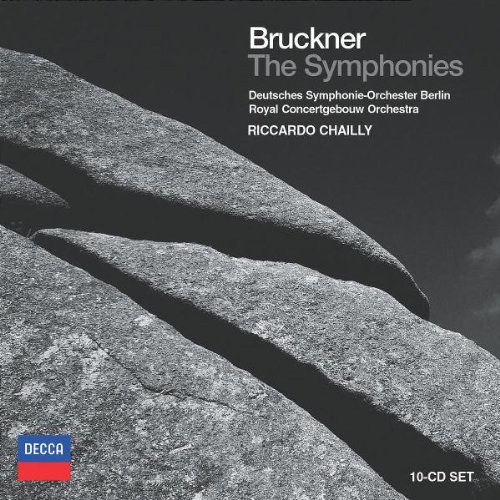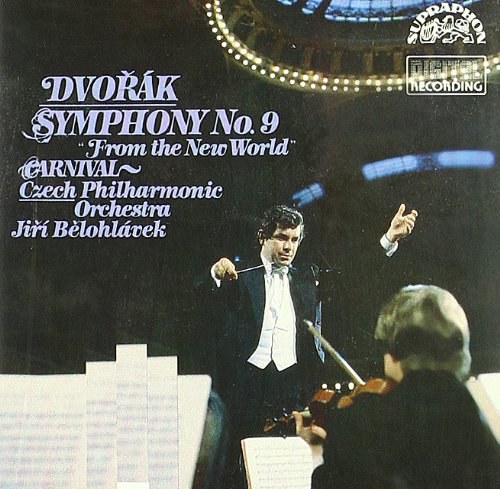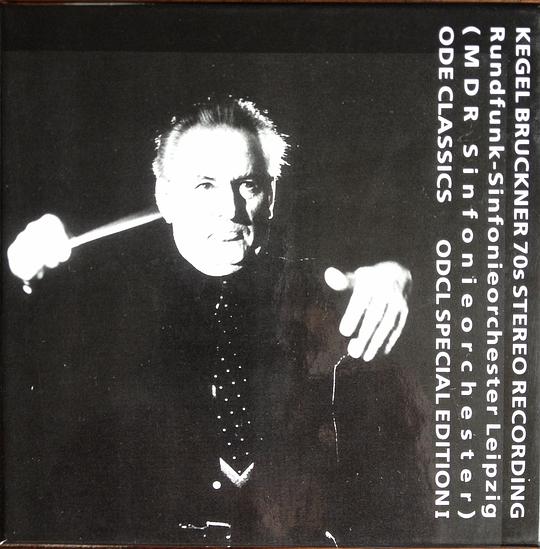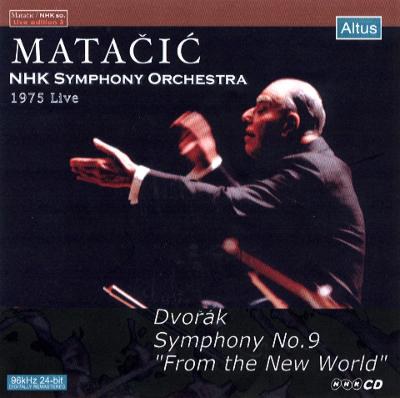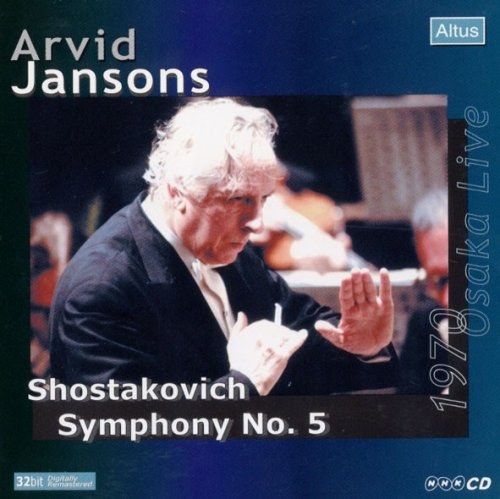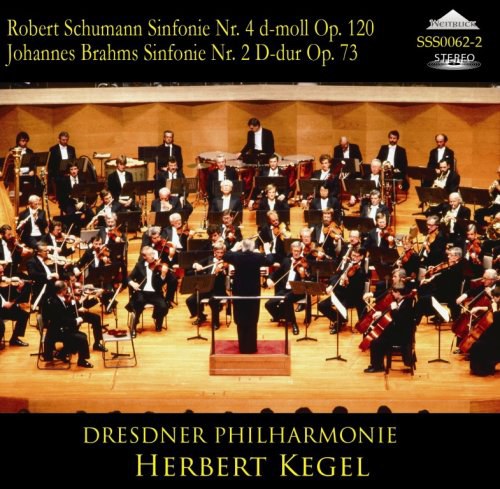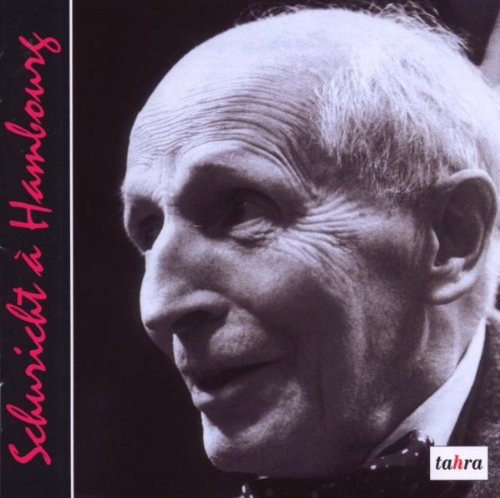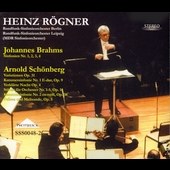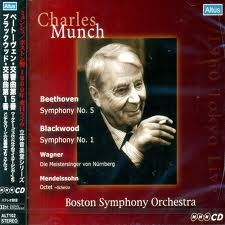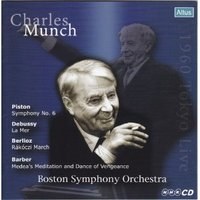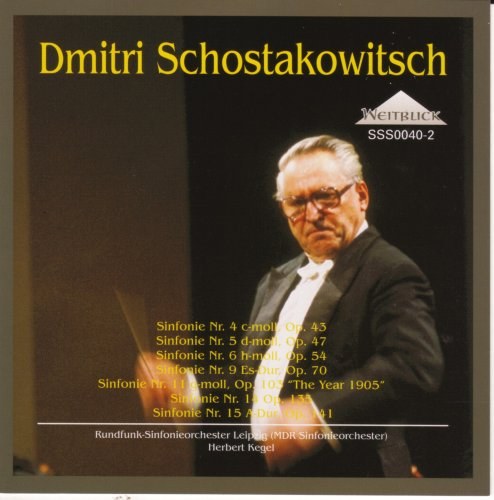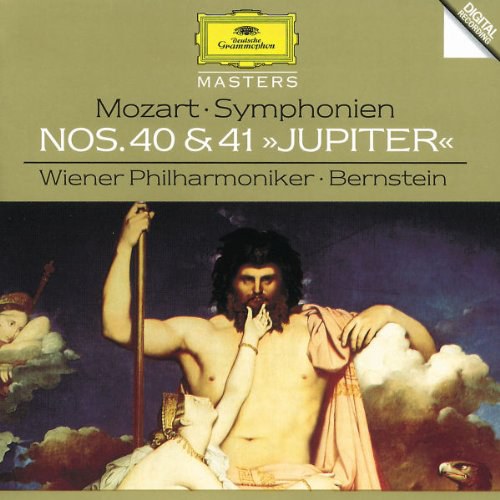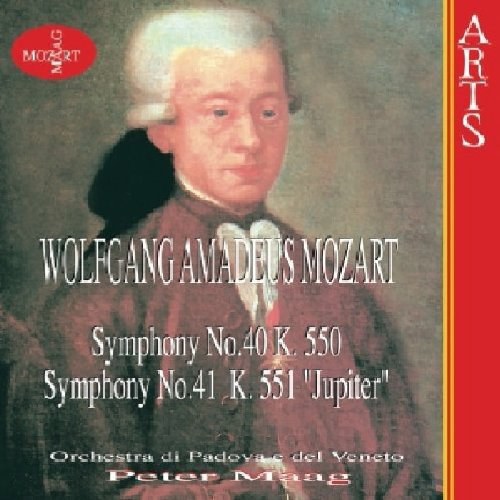亚诺斯·费伦切克:贝多芬九大交响曲全集 / 费伦切克:贝交全集 豆瓣
János Ferencsik
/
Hungarian State Orchestra
类型:
古典
发布日期 2007年7月17日
出版发行:
Hungaroton Classic
So good that one could only wish it were better, János Ferencsik and the Hungarian State Orchestra's cycle of the complete symphonies of Beethoven just misses greatness. Little known in western Europe and nearly unknown in the United States, Ferencsik was the only member of the great generation of Hungarian conductors born around the turn of the twentieth century -- Szell, Reiner, Solti, Ormandy, Dorati -- who declined to leave his native country despite successive dictatorships by Fascists and Communists but stayed and rose to prominence in postwar Hungary. However, though an ardent Hungarian, Ferencsik was also a fervent believer in the Austro-Germanic symphonic tradition, and he regarded Beethoven's symphonies as the highest manifestation of that tradition. In these recordings made in stereo between 1969 and 1976, this combination resulted in performances that are both highly individualistic yet steeped in tradition. As soloists, the woodwinds are wonderfully characterful: check out closing pages of the Sixth's Andante molto mosso. As a body, the brass are smoothly muscular: check out the opening of the Fifth's Finale. As an ensemble, the strings are suave but strong: check out the whole of the Ninth's Adagio. And all by himself the timpanist is enough to shatter the firmament: check out the start of the Ninth's Scherzo. Ferencsik masterfully pulls all these individuals together, and these performances are consistently tight and propulsive. Unfortunately, Ferencsik's interpretations do not always rise to the level of the music, which is, after all the highest manifestation of the Austro-Germanic tradition. His lighter symphonies are lyrical but perhaps too straightforward, while his heavier symphonies are dramatic but possibly too hard pressed, and the resulting performances are convincing but not compelling. Hungaroton's stereo sound is rich, deep, and lush, but the soloists have an odd added reverb around their voices in the Ninth's Finale, which is quite disconcerting.

